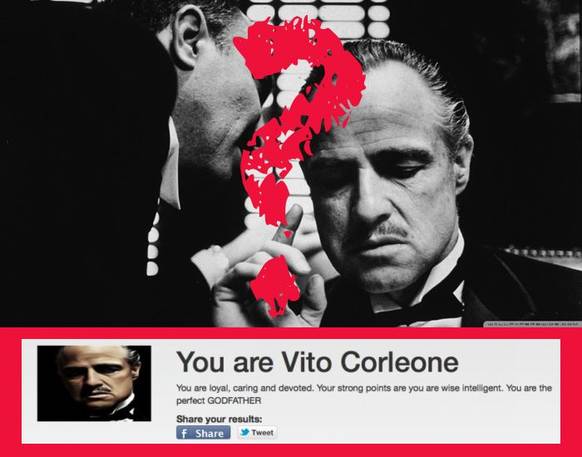


Social media is rife these days with people taking personality quizzes. Although as a whole the enterprise seems frivolous, the underlying tension is one of personal encounter. Will someone tell me who I am!
Personality tests were originally used for making predictions about behavior and quickly became diagnostic tools. It is a short divide from trying to figure out which soldiers will greet the onslaught of bombs on the battlefield with shellshock to recognizing that one can use similar tests to more broadly evaluate an individual’s personality structure. The quest to develop personality types and categorize people goes back to ancient times; Hippocrates and then Galen used body fluids as the source for the types. Through the centuries the number of attempts to create a definitive personality model is prodigious. In the 20thcentury the exigencies of war and industrialization led to a boom in personality testing.
Few have been spared exposure to some form of the Myers-Briggs Type Indicator used in all manner of employment settings to determine where best to place the right cog, yet few probably know that the test was developed to help women entering the workforce during WW II. Drawing on existing psychological theories, Katherine Cook Briggs and her daughter, Isabel Briggs Myers, assumed that if you could understand something about a woman’s personality you could figure out the type of work where should would feel most at ease and be efficient at the task. Previous work experience was not the only clue.
Organizations want you to be able to work well with co-workers and to recognize strengths versus weakness, assuming that such insights will lead to greater levels of productivity. The implication though of tests like the Myers-Briggs is that people cannot figure this out for themselves.
The popularity of personality quizzes implies people cannot. Magazines have long used these as come-ons to boost cover appeal. Seventeen asks, “What is your Dream Job?” Good Housekeeping helps you to discover, “Which Dog is Right for You?” And Cosmopolitan wants to know, of course, “Are You Enough of a Bad Girl?” The number of quizzes popping up on Internet is growing.
It is interesting how many of these quizzes deal with Italian and Italian American themes. How Italian are You? Which Italian Wine are You? What kind of Italian Food are You? This is where one also learns that being lasagna means that you are passionate, ravioli means that you are confident and antipasti suggests being open-minded.
The capo di tutto capi of quizzes is, of course, Which Godfather Character are you?
Here one learns from postings that all results are good unless you turn out to be Freddo!
None of this is surprising in an age where identity is becoming increasingly difficult to forge and a family heritage of ethnic traditions is increasingly difficult to maintain. People want to know who they are and where they belong. Ethnicity is a powerful aspect of this self-discovery. Third and fourth generation Italian/Americans seem to want the seemingly clear boundaries their parents and grandparents had, not recognizing that the world of their Nonnas was just as ambiguous and perhaps made even less clear because certain aspects such as the majority language and education were is short supply. The nostalgic view is that everyone knew where they belonged and were supported by a vast, encouraging family along the way to success.
Today many struggle to keep the vestiges of the old-style Italian family living, trying to ensure that Sunday dinner does not die with Nonna. A diverse social environment made larger through the global virtual community means that the choices available are increasing. Then there is the phenomenon of mixed ethnic heritage. It is hard enough to figure out what it means to be Italian/American, but what about Italian/Dominican/American or Italian/Cambodian/American?
The quintessential Italian family exists, if it ever existed, only in novels and film, parents are out of the home working, schoolmates expose our children to myriad value systems all making the formation of an ethnic identity more and more challenging for young people. It is no wonder quizzes are needed to help make the decisions.
For the record, I am Vito Corleone eating vegetarian lasagna and drinking Barolo.
Source URL: http://iitaly.org/magazine/focus/op-eds/article/will-someone-tell-me-who-i-am
Links
[1] http://iitaly.org/files/vitocorleone1396835900jpg